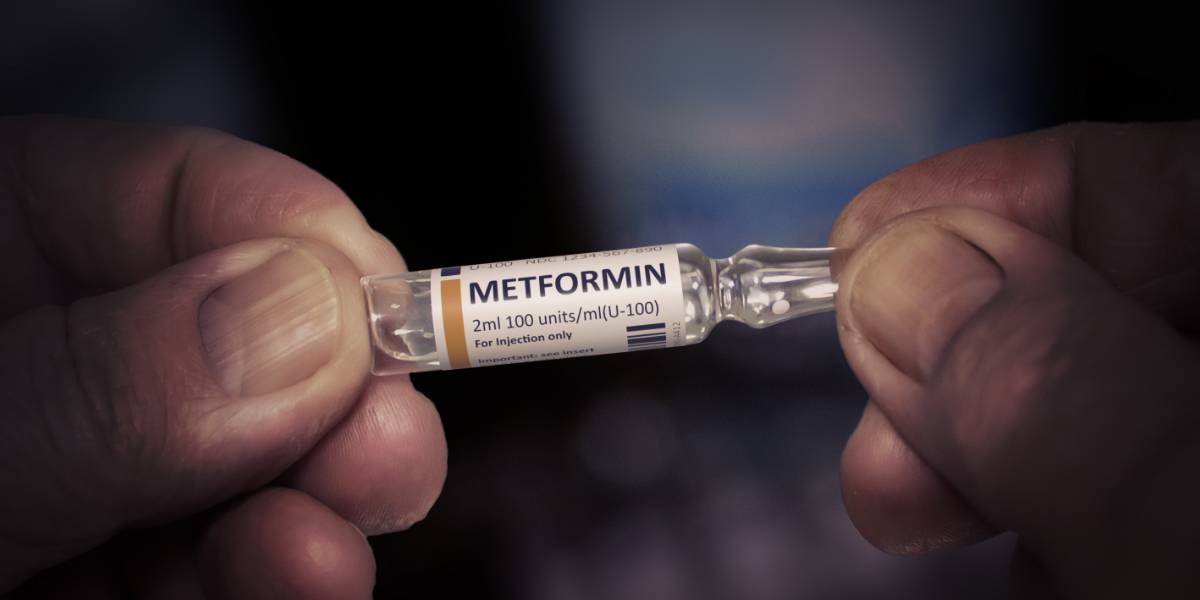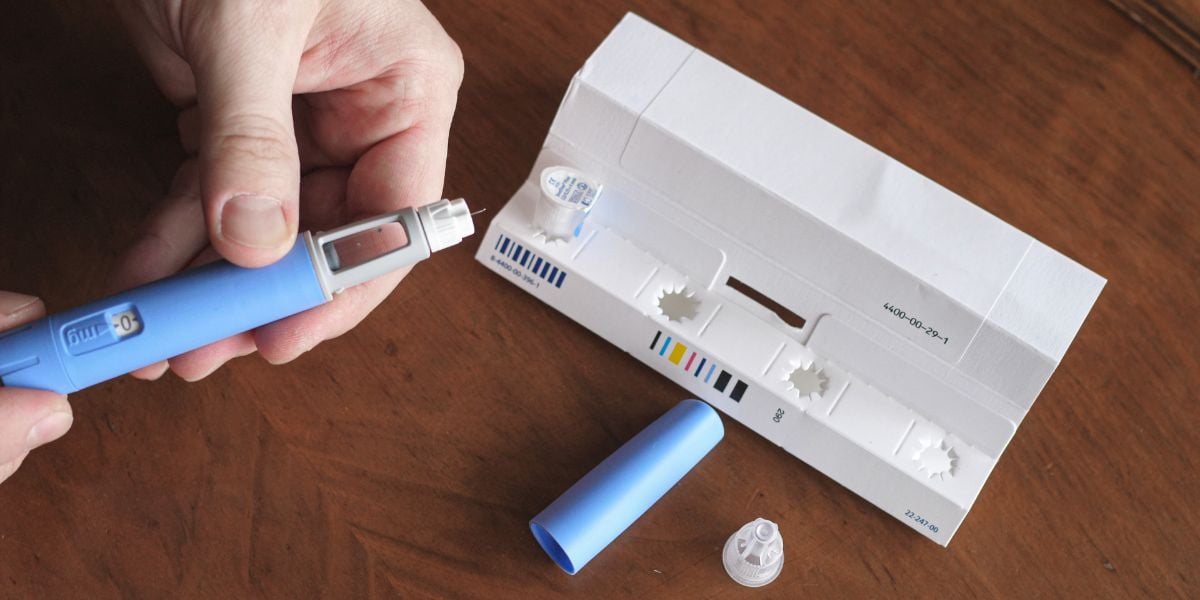Glucobay is an oral medication used to help people with type 2 diabetes control the amount of sugar in their blood.
It works by delaying the breakdown of sugars and starches in the gut and their absorption into the blood, which in turn prevents the rise in blood glucose that normally occurs after eating.
About Glucobay
- Trade name: Glucobay
- Generic name: Acarbose
- Drug class: Alpha-glucosidase inhibitors
- Manufacturer: Bayer AG
Mechanism of action
Acarbose is taken with meals to slow the action of certain chemicals (enzymes) in the intestine that breakdown food to release glucose (sugar) into your bloodstream.
Slowing food digestion helps prevent large spikes in blood sugar levels following a meal and also helps smooth out daily fluctuations in blood sugar.
Who is Glucobay suitable for?
Glucobay is designed to treat adults with type 2 diabetes who are unable to achieve sufficient glycemic control by diet, exercise and weight loss alone.
It can be used on its own (monotherapy) or in combination with other drug treatments for type 2 diabetes when these have not proved effective enough on their own.
Who is it not suitable for?
Glucobay is not suitable for everyone. Some people should only use it with special care and it should be avoided altogether by anyone who has:
- An allergy to any of its ingredients
- Severely decreased liver or kidney function
- Inflammatory bowel disease such as ulcerative colitis or Crohn’s Disease
- Chronic diseases of the gut associated with food digestion or absorption
- Ulceration in the bowel (colon)
- A tendency to suffer from intestinal blockage
- A hernia or other condition that may worsen as a result of increased gas formation in the gut
- An allergy to any of its ingredients
- Diabetic ketoacidosis
Glucobay is also not suitable for children and adolescents under the age of 18 years and women who pregnant or breastfeeding
How and when to take Glucobay
Acarbose tablets should be chewed with your first mouthful of food, or swallowed whole with a little liquid immediately before eating.
The recommended starting dose is 50 mg once a day, while the maximum dose is 100 mg three times daily. Your GP will determine the dose and frequency of dosage depending on your blood sugar levels, and these instructions will be printed on the dispensing label on the medicine packet.
If you forget a dose, start your medication regimen again with your next meal. Do not take a double dose to make up for a missed one
Before you begin taking a medication, be sure to inform your doctor of any medications you are taking,
Storage
Your Glucobay medication should always be kept in the original container and stored at room temperature, out of the sight and reach of children.
Side effects
As with all medicines, Glucobay use can have various adverse effects. Side effects associated with this drug include:
- Flatulence or wind
- Abdominal pain
- Diarrhoea
- Nausea
- Vomiting
- Indigeston
- Allergic reaction, such as rash, redness of the skin, or itching
- Fluid retention (oedema)
- Jaundice
- Inflammation of the liver (hepatitis)
- Decrease in the number of platelets in the blood (thrombocytopenia)
Please note the above is not a full list of side effects and others may occur. For more information about the possible risks of taking Glucobay, please read the information leaflet provided with the medicine or consult your doctor or pharmacist.
What to do in the event of an overdose
Taking more doses of some medicines than stated in the instructions can be dangerous. In case of an overdose, you should seek emergency medical attention.
Drug interactions
Glucobay can interact with a number of different medicines, including:
- Amylase
- Anticoagulants, e.g. warfarin
- Beta-2-agonists, such as salbutamol
- Charcoal (used to treat heartburn and indigestion)
- Corticosteroids, e.g. prednisolone
- Diazoxide
- Diuretics, e.g. bendroflumethiazide
- Lithium
- Oestrogens and progestogens, e.g. oral contraceptives
- Pancreatin
Please note other drugs than those listed above may affect the action of this medication.
If you are taking any of medications listed above, speak with your doctor or pharmacist. Depending on your specific circumstances, your doctor may want to adjust the dose of one or both of the medications; change one of the medications to another; or stop one of the drug treatments.
Remember, the only reason your doctor may decide to combine drugs that interact is if they believe the benefits of taking those medications together outweigh the potential risks.







